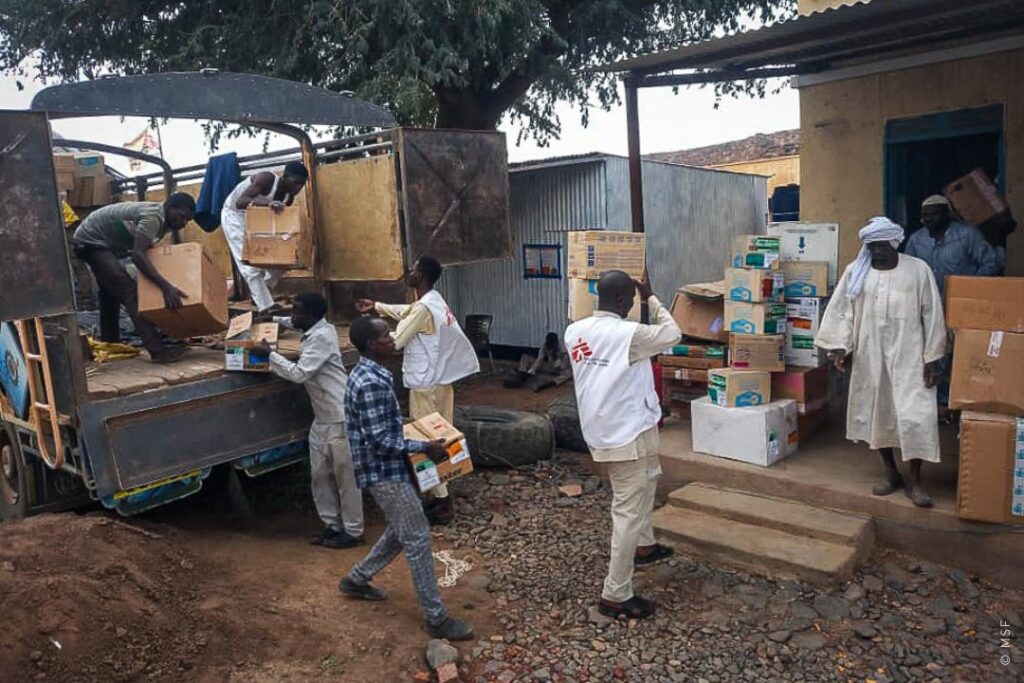
Doctors Without Borders (MSF) on Wednesday cautioned that it might halt its assistance to one of the few operational hospitals in conflict-ridden Sudan if its staff members are not granted visas.
Amidst nearly four months of warfare, just a quarter of the nation’s healthcare facilities remain operational. The charity expressed that it has been awaiting visa processing for its staff for “over eight weeks.”
Various humanitarian organizations have similarly encountered visa and administrative obstacles. Since the commencement of the conflict between army chief General Abdel Fattah al Burhan and Mohamed Hamdan Dagalo, commander of the Rapid Support Forces, these groups have been urgently seeking safe passage and staff access.
“Without visas being urgently granted by the Sudanese authorities, Medecins Sans Frontieres (MSF) may soon be forced to withdraw our support to the Turkish Hospital in Khartoum,” it said.
“The visas of many of the staff currently running the hospital are close to expiring,” MSF said.
“As a result, MSF’s support to the Ministry of Health in the facility — which is one of the few hospitals in the whole of Khartoum that is providing round-the-clock care — will soon have to end.”
The conflict has devastated the nation’s healthcare system and resulted in over 3,900 fatalities, as per a conservative estimate by the Armed Conflict Location & Event Data Project.
Starvation Risk
Between mid-June and the conclusion of July, the organization reported treating more than 3,800 patients at the Turkish Hospital, which included over 200 children.
Even prior to the eruption of the conflict in mid-April, Sudan stood as one of the world’s most impoverished nations, a condition that has been exacerbated by the war, leading to increased turmoil and impoverishment.
On Tuesday, Save the Children issued a warning that the nation is susceptible to significant disease outbreaks due to thousands of unburied bodies left exposed and the deterioration of the country’s health and sanitation facilities.
MSF highlighted that visas are exclusively retrievable in Port Sudan, located on the Red Sea. However, reaching Port Sudan from conflict-affected areas like the capital and the western Darfur region proves challenging due to the fighting.
The onset of the rainy season in June has compounded health difficulties in the country. Furthermore, Tedros Adhanom Ghebreyesus, the Director-General of the World Health Organization, emphasized that “more than 40 percent of the population of Sudan is now in hunger — double the number since May last year.”
The conflict has resulted in over four million individuals being displaced within the country or seeking refuge in neighboring nations.
As they strive to escape, the UN’s humanitarian coordinator in Sudan, Clementine Nkweta-Salami, stated that these individuals are susceptible to mistreatment, theft, and intimidation while on their journeys to find safer locations.
“The parties to the conflict in Sudan must ensure the safe passage of civilians fleeing violence”, she said.
